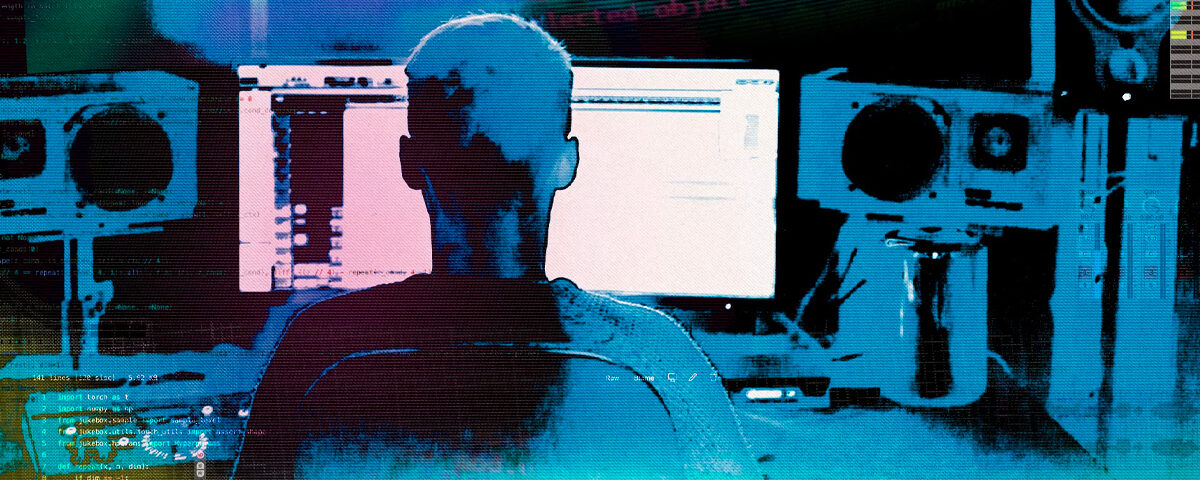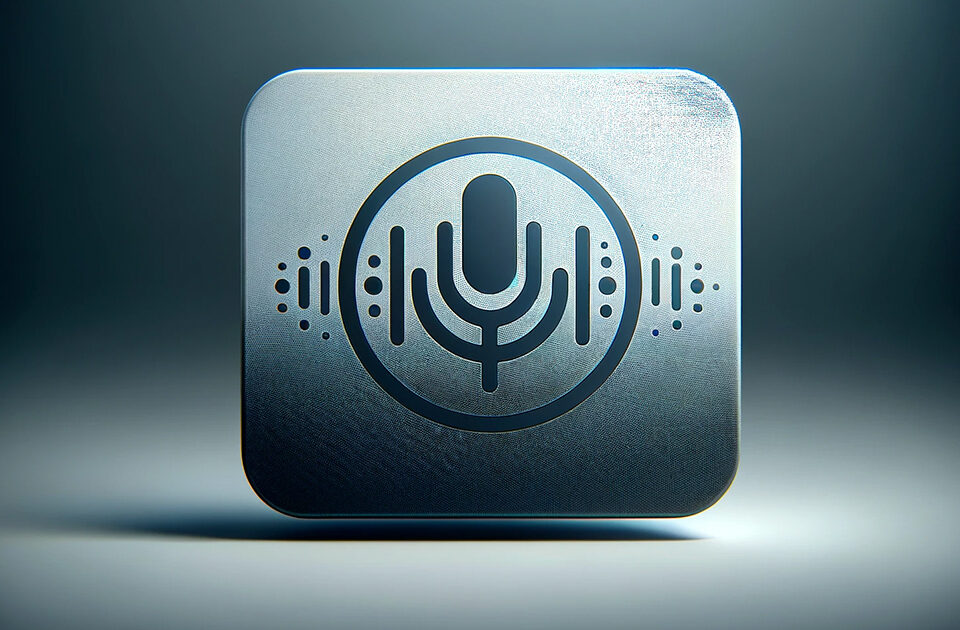AI-Assisted Recording and Production – Unleashing the Power of Artificial Intelligence
In the ever-evolving landscape of music production, technology continues to push the boundaries of what is possible. One of the most groundbreaking advancements in recent years has been the integration of artificial intelligence (AI) into the recording and production processes. AI-powered plugins and tools are revolutionizing the way musicians, producers, and engineers approach their work, offering unprecedented possibilities and efficiencies in the recording workflow. From vocal tuning and beat-making to audio enhancement and beyond, AI-assisted recording and production are transforming the industry.
One of the most significant areas where AI has made a remarkable impact is vocal tuning. In the past, producers and engineers relied on manual processes to correct pitch inaccuracies in vocal recordings. This often involved painstakingly editing individual notes and phrases, a time-consuming and sometimes frustrating task. However, with the emergence of AI-powered vocal tuning plugins, this process has become much more streamlined. These intelligent tools analyze vocal recordings and automatically detect and correct pitch errors, saving precious time and allowing artists to focus on their performances rather than technicalities.
Moreover, AI-powered beat-making tools have opened up new horizons for music producers. Crafting compelling rhythms and drum patterns is a fundamental aspect of music production, but it can be a labor-intensive process. AI has stepped in to assist by offering intelligent beat-making algorithms that generate complex and unique patterns based on a given set of parameters. These tools not only provide inspiration and creative ideas but also allow producers to experiment with different styles and genres effortlessly. By leveraging AI, producers can now spend less time programming beats and more time refining their musical vision.
Beyond vocal tuning and beat-making, AI has also proven to be a game-changer in audio enhancement. The ability to clean up and enhance audio recordings has always been a priority in the production process. However, it often required a combination of manual editing techniques, equalization, and noise reduction tools. With AI-assisted audio enhancement, these tasks are streamlined and automated. Advanced algorithms can now analyze and repair audio imperfections such as background noise, clicks, pops, and even audio artifacts caused by low-quality recordings. This technology empowers producers to salvage previously unusable recordings and achieve professional-level audio quality with minimal effort.
AI has not only improved specific tasks within the recording and production processes but has also revolutionized the way musicians and producers interact with technology. Natural language processing (NLP) and machine learning algorithms have enabled the development of intelligent digital assistants capable of understanding and executing complex commands. This means that instead of relying solely on manual input, artists can now communicate with their DAW (Digital Audio Workstation) using voice commands or plain text. This hands-free approach not only enhances workflow efficiency but also provides a more intuitive and immersive production experience.
As with any groundbreaking technology, AI-assisted recording and production also raise questions and concerns. Some argue that the integration of AI may result in a loss of human creativity and authenticity in music production. However, it is essential to understand that AI is not meant to replace human creativity but rather augment it. AI tools act as powerful collaborators, providing new ideas and possibilities that inspire and complement human artistic vision. Ultimately, it is up to the artist to harness the potential of AI and use it as a tool to express their unique creativity.
Privacy and ethical concerns are also raised when it comes to AI in music production. As AI algorithms become more sophisticated, they often rely on extensive datasets to train and improve their performance. This can raise concerns about data privacy and ownership. Musicians and producers must be vigilant about the sources and permissions associated with the datasets used by AI tools. It is crucial to work with reputable companies and ensure that ethical guidelines are followed throughout the development and use of AI-powered plugins and tools.
Looking to the future, the integration of AI in recording and production processes shows no signs of slowing down. As technology continues to advance, AI tools will become even more intelligent and capable, offering unprecedented possibilities for artists and producers. We can expect further advancements in areas such as intelligent audio mixing, automated sound design, and even AI-generated compositions. While the role of AI in music production will undoubtedly continue to evolve, it is essential to remember that it is a tool meant to serve human creativity, not replace it.
In summary, AI-assisted recording and production have opened up a new frontier in music creation. From vocal tuning to beat-making and audio enhancement, AI-powered plugins and tools have revolutionized the recording workflow, providing new efficiencies and possibilities. While concerns exist regarding creativity and privacy, the integration of AI offers tremendous benefits to artists and producers. As technology advances, AI will undoubtedly play an increasingly prominent role in the future of music production, ultimately empowering musicians to unleash their creativity and take their artistry to new heights.


